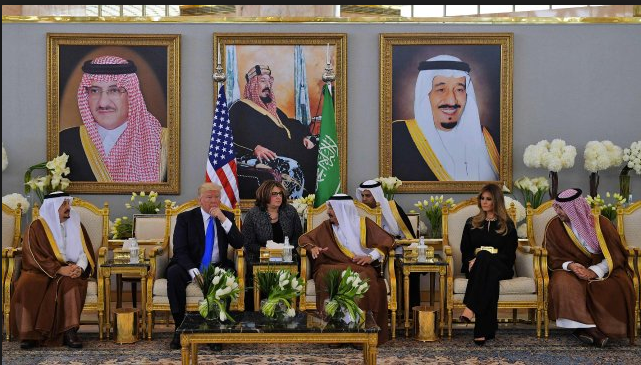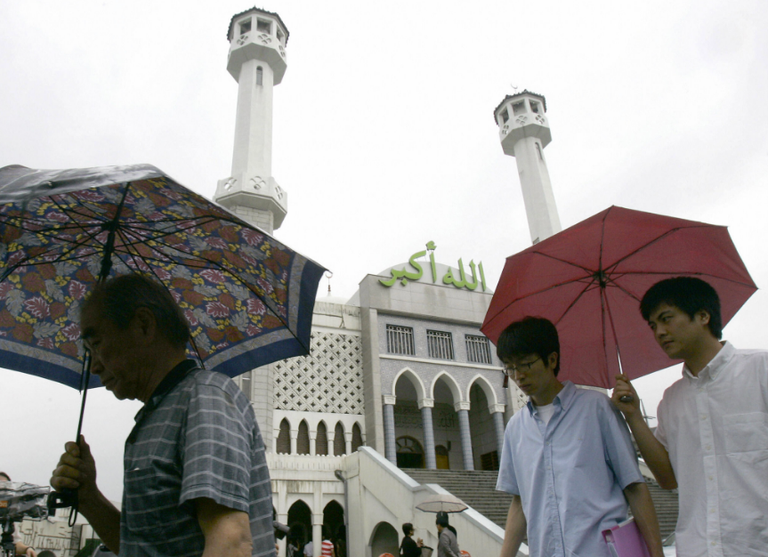WASHINGTON — Hillary Clinton and Donald Trump do not agree on much, but Saudi Arabia may be an exception. She has deplored Saudi Arabia’s support for “radical schools and mosques around the world that have set too many young people on a path towards extremism.” He has called the Saudis “the world’s biggest funders of terrorism.”
The first American diplomat to serve as envoy to Muslim communities around the world visited 80 countries and concluded that the Saudi influence was destroying tolerant Islamic traditions. “If the Saudis do not cease what they are doing,” the official, Farah Pandith, wrote last year, “there must be diplomatic, cultural and economic consequences.”
And hardly a week passes without a television pundit or a newspaper columnist blaming Saudi Arabia for jihadist violence. On HBO, Bill Maher calls Saudi teachings “medieval,” adding an epithet. In The Washington Post, Fareed Zakaria writes that the Saudis have “created a monster in the world of Islam.”
The idea has become a commonplace: that Saudi Arabia’s export of the rigid, bigoted, patriarchal, fundamentalist strain of Islam known as Wahhabism has fueled global extremism and contributed to terrorism. As the Islamic State projects its menacing calls for violence into the West, directing or inspiring terrorist attacks in country after country, an old debate over Saudi influence on Islam has taken on new relevance.

Conflicting Goals
Saudi leaders seek good relations with the West and see jihadist violence as a menace that could endanger their rule, especially now that the Islamic State is staging attacks in the kingdom — 25 in the last eight months, by the government’s count. But they are also driven by their rivalry with Iran, and they depend for legitimacy on a clerical establishment dedicated to a reactionary set of beliefs. Those conflicting goals can play out in a bafflingly inconsistent manner.
Thomas Hegghammer, a Norwegian terrorism expert who has advised the United States government, said the most important effect of Saudi proselytizing might have been to slow the evolution of Islam, blocking its natural accommodation to a diverse and globalized world. “If there was going to be an Islamic reformation in the 20th century, the Saudis probably prevented it by pumping out literalism,” he said

Hi! I am a robot. I just upvoted you! I found similar content that readers might be interested in:
https://www.nytimes.com/2016/08/26/world/middleeast/saudi-arabia-islam.html